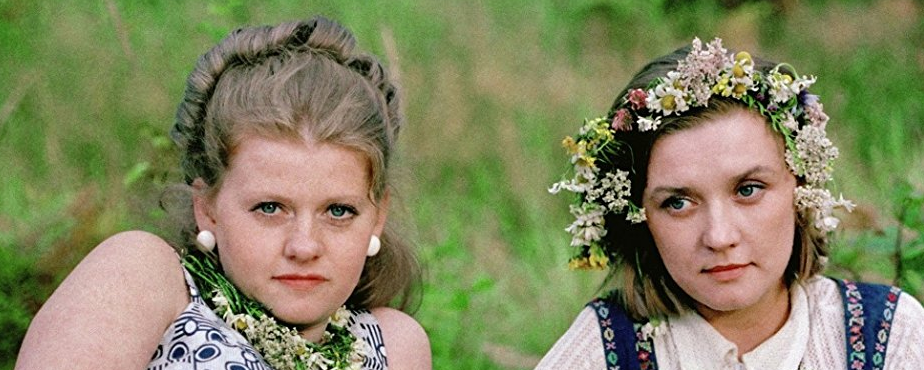
Back in the USSR is an opportunity to see on a big screen newly restored digital copies of films that were box office successes in the 1980s not only in Romania, but in the entire socialist bloc. Sergey Solovev’s ASSA (1987) is a historic rock manifesto that influenced entire generations. Anti-system stories combine with experimental sequences, an underground music sound track, and a grandiose promotion campaign turned this film into a box office juggernaut in the region—so much so that two years after the film premiered, the protagonists attracted an audience of 70,000 in the Luzhniki stadium in Moscow. Another year later, the USSR began falling apart.
Elem Klimov’s 1985 Come and See is considered to be one of the most devastating works in the history of cinema. It took eight year for the production to be approved by the Soviet authorities—even though on the surface the subject is the resistance against German forces. The film was immensely successful in its time, and the recently restored digital version was awarded last year in Venice. Another Soviet cult film that enjoyed international recognition, as well as tremendous popularity in communist Romania, is Vladimir Menshov’s Moscow Does Not Believe In Tears. Winner of the Best Foreign Film Oscar in 1981, it follows the dreams, wishes, and disappointments of three young workers.
Another film dear to even those among us who were very young in the 1980s is Eldar Riazanov’s 1982 Cannes premiere Station For Two, a bitter-sweet love story between a railway station restaurant waitress, played by the legendary Lyudmila Gurchenko, and a pianist unjustly accused of a crime. And another nostalgic return to the early days of break dance is featured in Karen Shakhnazarov’s 1986 Courier, a teen movie in which an unconventional young man gets a job as a courier after failing a university admission exam. The film speaks to the generation gap, the impeding fall of the Soviet empire, and the waning of socialist values among the youngsters.
These five titles in the Back to the USSR section were all produced by the gigantic Mosfilm studio; they are joined in the section by a film produced by the Dovjenko studios, Roman Balayan’s 1982 Flights in Dreams and in Reality, in which a 40th birthday throws the protagonist, masterfully interpreted by Oleg Yankovskiy, into a middle age crisis. A constant discomfort and discontent pushes him to do extravagant and only apparently amusing gestures that hurt those around him. This is precisely the reason the film became popular: it went against the idealized image of the Soviet man.





